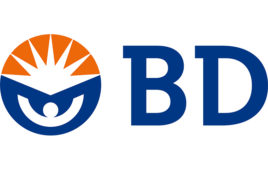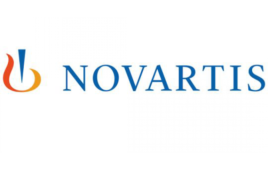The U.S.-based PATH Malaria Vaccine Initiative (MVI), the United States Agency for International Development (USAID) Malaria Vaccine Development Program (MVDP) and Dutch biopharmaceutical company Crucell N.V. have announced a collaboration to accelerate development of a promising type of malaria vaccine. Through funding from the USAID MVDP, the partners will conduct studies to determine the effectiveness of Crucell’s novel prime-boost vaccine approach against the malaria parasite, Plasmodium falciparum. This approach uses Crucell’s proprietary recombinant adenoviruses (a type of virus associated with the common cold and other mild respiratory infections) to deliver a malaria antigen to the immune system. Dr. Jaap Goudsmit, Chief Scientific Officer at Crucell commented: “This agreement is a strong validation of Crucell’s malaria vaccine. We are excited to have the MVI as our partner and the support of USAID. The fact that MVI is backing our program testifies to the importance of our efforts to further progress the development of Crucell’s malaria vaccine.” For MVI, this partnership adds to its existing portfolio a vaccine approach with the potential to elicit a more comprehensive immune response than has been seen to date from the circumsporozoite protein (CSP), the only antigen that has proven to be protective in controlled challenge studies and field studies. Using Crucell’s AdVac@ technology with two different adenovirus vectors – Ad35 and Ad26 – as delivery mechanisms, this approach seeks to elicit a protective immune response obtained from delivering the CSP. The safety, immunogenicity and efficacy data from these studies will advance the research forward in the further development of a safe and highly effective malaria vaccine. Dr. Christian Loucq, Director at MVI said: “Adenoviruses are one of the most potent vaccine delivery systems tested to date in humans. We are excited about the potential of Crucell’s adenovirus-based program and the novel Ad35/Ad26 approach. The prime-boost regimen may be a critical next step in malaria vaccine development and, if successful would move us toward our goal of having an 80% efficacious vaccine in use by 2025.” Crucell is developing a recombinant malaria vaccine, Ad35-CS, based on the company’s AdVac@ technology and PER.C6@ manufacturing platform. The vaccine candidate is made by inserting the gene for the CSP from the P. falciparum malaria parasite into adenoviral vectors, which act as a ‘vehicle’ for vaccination delivery. This prime vaccine candidate is currently being tested in a phase I study in partnership with the National Institute of Allergy and Infectious Diseases (NIAID). This new collaboration will make it possible to clinically develop the Ad26 boost component of the vaccine and allow Crucell to further strengthen and expedite its malaria development program. Carter Diggs at the USAID MVDP said, “We are pleased to support this adenovirus approach, which could play a vital role in malaria vaccine development.”




